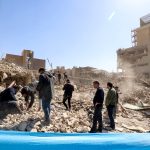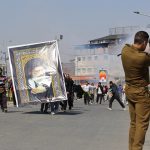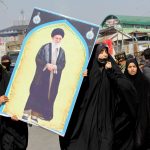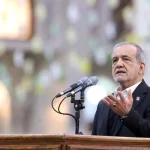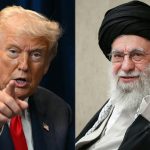A play by Butere Girls High School, Echoes of War, has caused a stir across Kenya, bringing attention to issues of freedom of expression and government control. The play, Echoes of War, written by former Kakamega Senator Cleophas Malala, touches on themes of youth struggle, governance and generational conflict, reflecting the frustrations of Kenya’s younger generation.
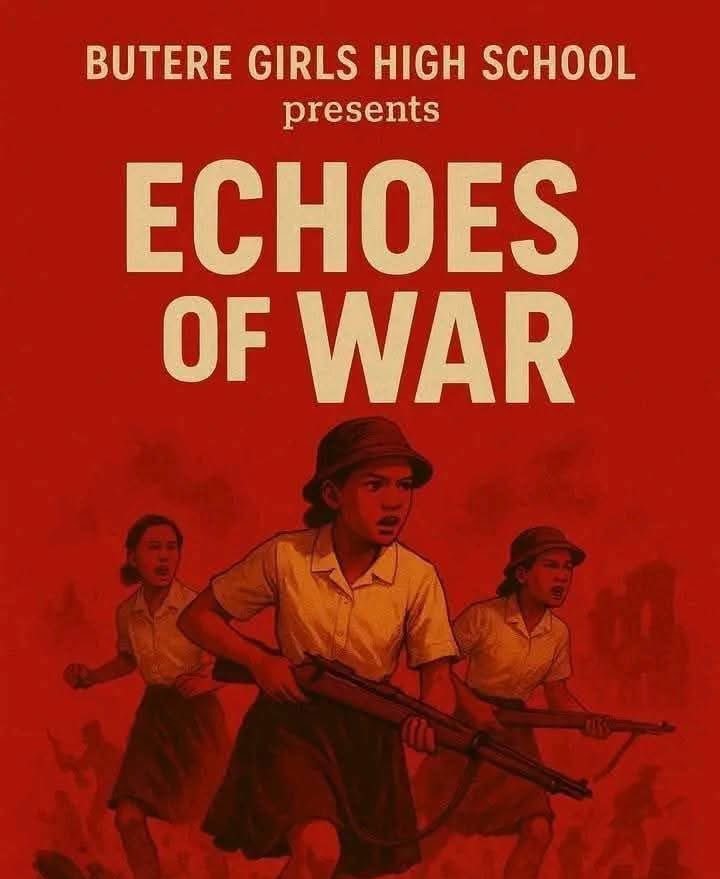
The controversy started on Thursday when the students were set to perform at the National Drama Festival in Nakuru but were denied necessary equipment, including a public address system. Without an audience and their director, Malala, who had been detained by police, the students chose to sing the Kenya national anthem and walk off the stage in protest. Malala was blocked from attending the festival and police used tear gas on journalists covering the events.
In response, other schools joined the boycott in solidarity with Butere Girls. Malala expressed disappointment, highlighting the lack of support for the students who had worked hard on the play.
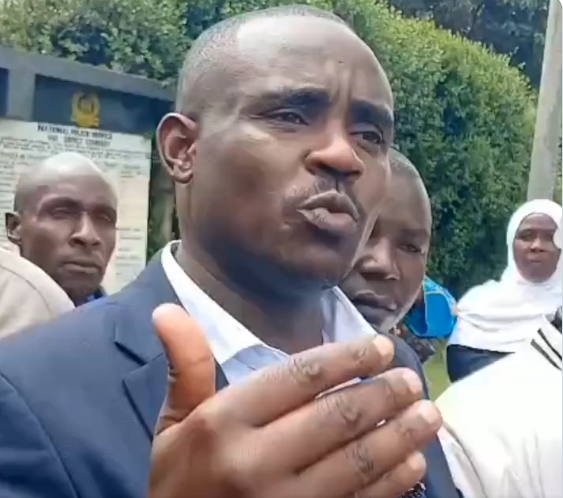
Human rights groups like the Kenya Human Rights Commission (KHRC) and Amnesty International have strongly condemned the government’s actions, calling the crackdown an attack on freedom of speech. Political leaders such as Kalonzo Musyoka and Eugene Wamalwa also criticized the move, with Wamalwa pointing out the government’s fear of being challenged by youth. Former Chief Justice Maraga warned that the police actions were unconstitutional.
“What a national shame! How does this regime justify lobbing teargas at young girls from Butere Girls who declined to stage their play “Echoes of War” at the National Drama Festival? Their bravery serves as a national wake-up call. When voices of truth are silenced and art is censored, democracy suffers. I stand with Butere Girls and all students who joined the walkout in solidarity.” Kalonzo Musyoka wrote on X (formerly Twitter).
“A King that’s afraid of being told by his Children he is naked is indeed naked!” Wamalwa stated.
The ongoing controversy over Echoes of War has sparked a national conversation about the importance of free expression and the role of youth in holding authority accountable.

